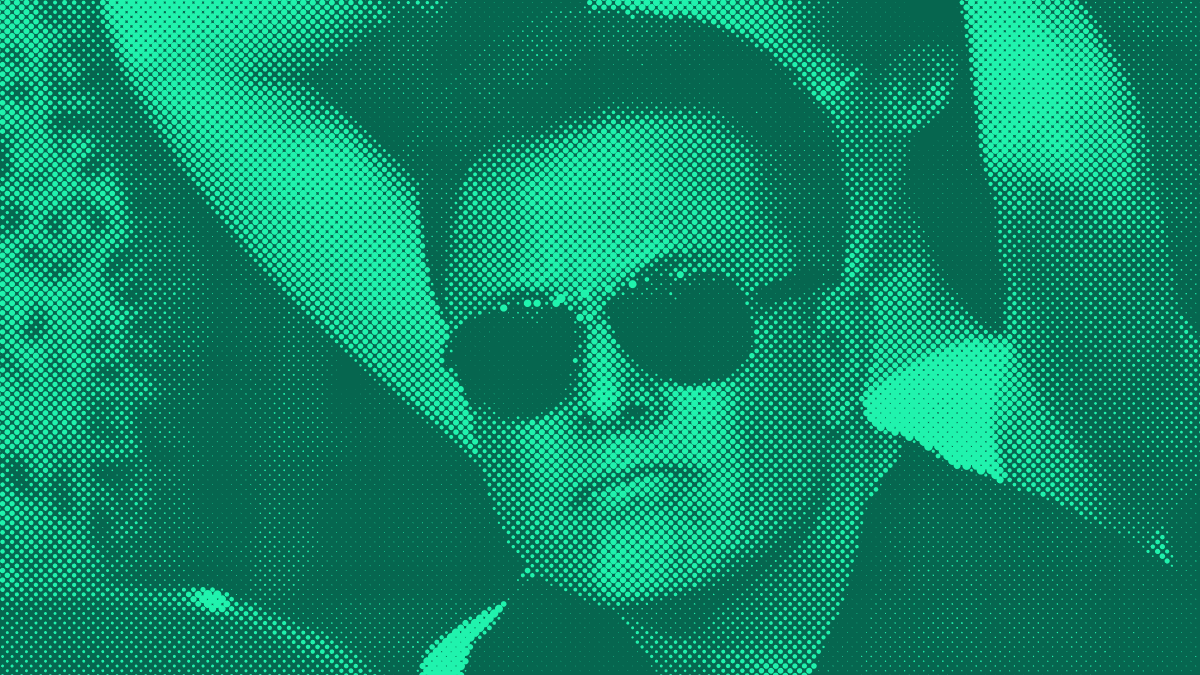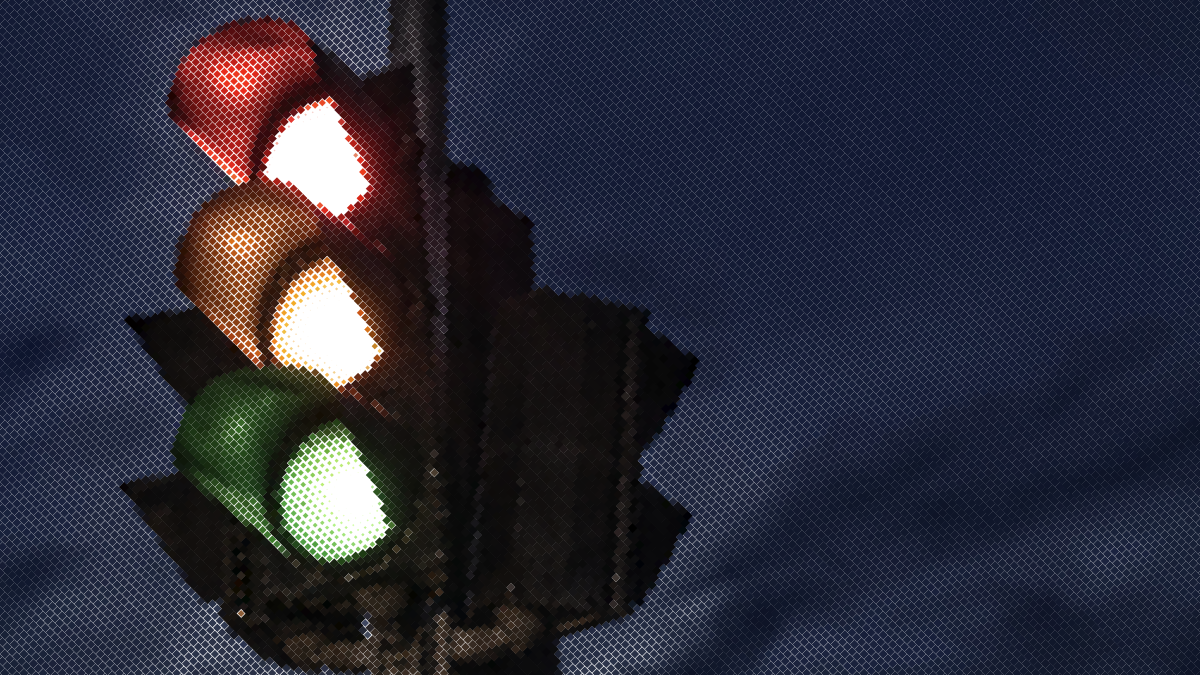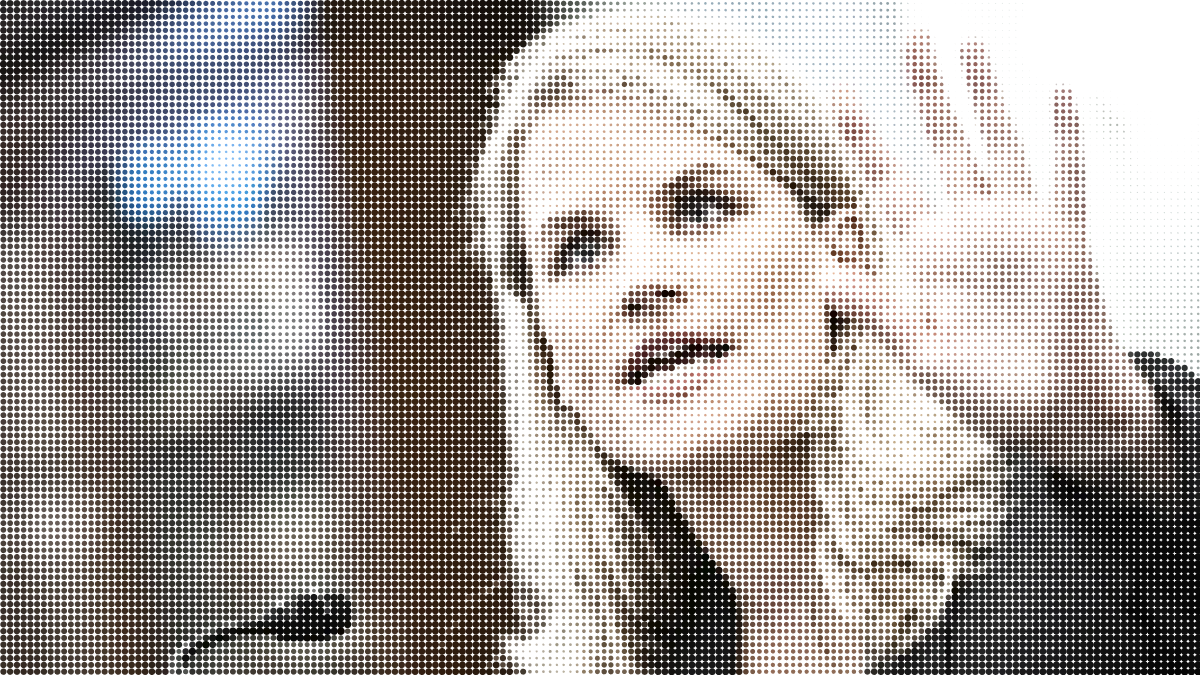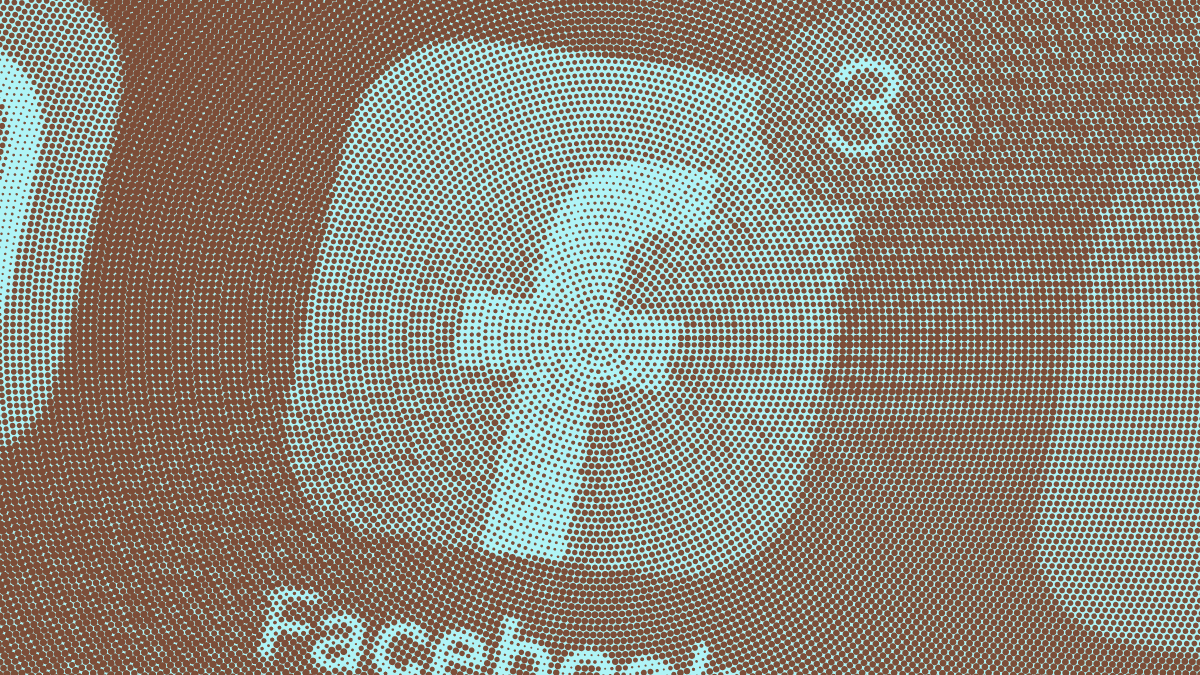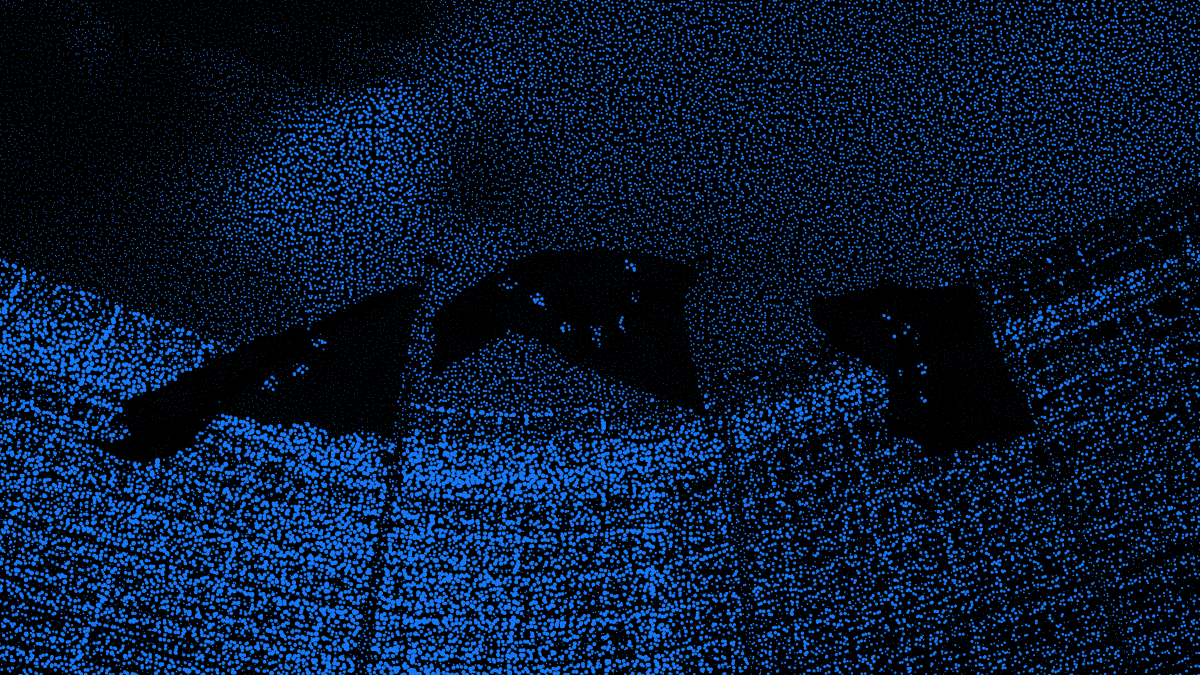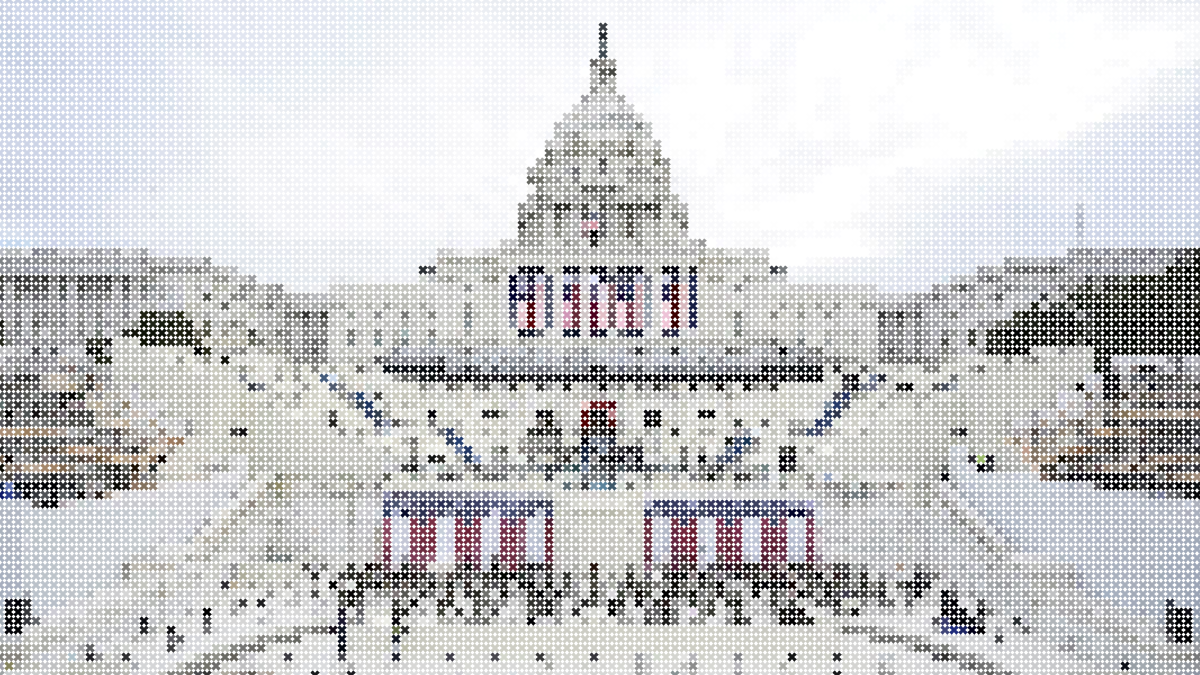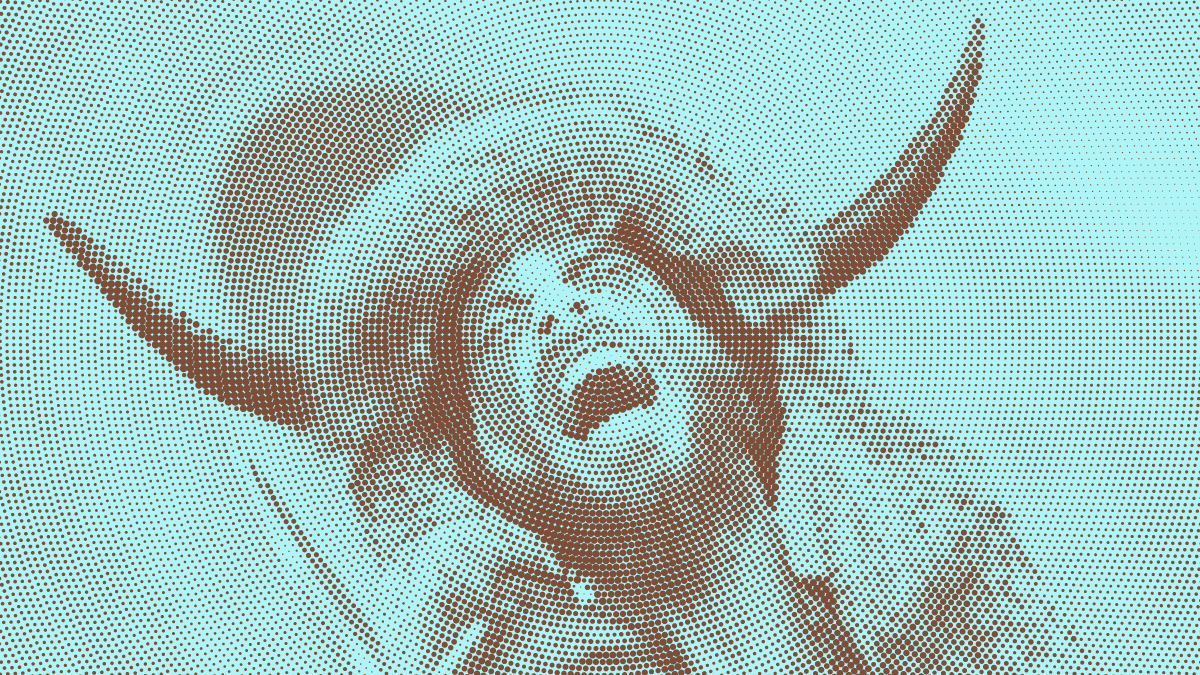I don't like Elon Musk. But I think him buying Twitter isn't a bad thing. The people who do, however, are either unintentionally wrong or they are actively fighting on the side of censorship and propaganda, like the US intelligence community.
Facebook just made a mockery of the fight against hate speech by admitting that it's okay if you call for the murder of people the political mainstream doesn't like. It's only hate speech if you want to murder the wrong people. What the actual fuck.
Looking at the plans for the new German government, made up out of the Social Democrats, Greens and Liberals, there are some interesting free speech and privacy implications for the future. Not only of Germany, but probably also for much of Europe.
What's more in your interest? Stopping Facebook from leeching off the private data of your life to further its monopoly or forcing it to censor your speech? And now take a guess which of the two politicians want to do and journalists are ecstatic about?
What happens when our media consumption is so fear-inducing that we let companies regulate our social connections? A culture of digital snitching develops that gives companies knowledge that previously only authoritarian governments possessed.
The EU copyright reform is now in effect in all member countries and with it comes the horrible idea of upload filters. Let's discuss why this is bad for journalism, already very much on its last legs, and free speech in general.
If we start to outlaw fake news, wo will decide what is fake and what is the truth? Do we trust the state? Should journalists do it? And what are we actually afraid of here?
Should you leave WhatsApp because it is sending data to Facebook? And what about Matrix? Does a federated protocol actually have a chance to replace messengers like WhatsApp?
Donald Trump has left the White House and Joe Biden is now President. What does that mean for the future of the US and beyond? I look back at what happened with Trump and forward at the future with my guest Michael Mullan-Jensen.
After an angry mob stormed the US Capitol last week, Twitter and other social media companies embarked on an unprecedented power grab for control of the public's opinion.
